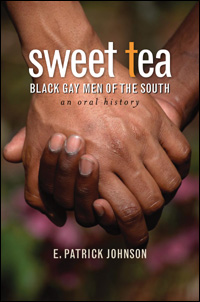Traveling to every southern state, Johnson conducted interviews with more than seventy black gay men between the ages of 19 and 93.
- Popular ebook fiction
- Truth and Reconciliation in Canada
- MMIWG
- Mental Health
- Canadian Indigenous Voices
- February Romance 2024
- Canada Reads 2024 longlist
- Black History Month 2024
- Freedom to Read Week 2024
- February - I love to read month
- See all


